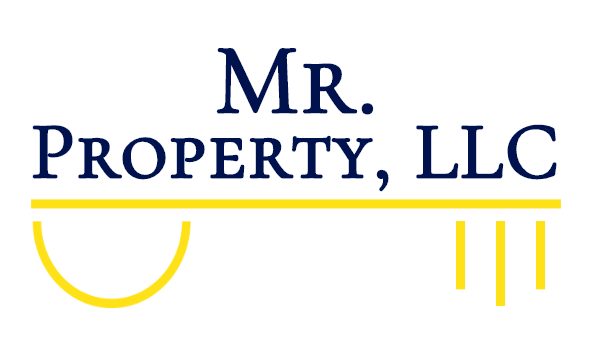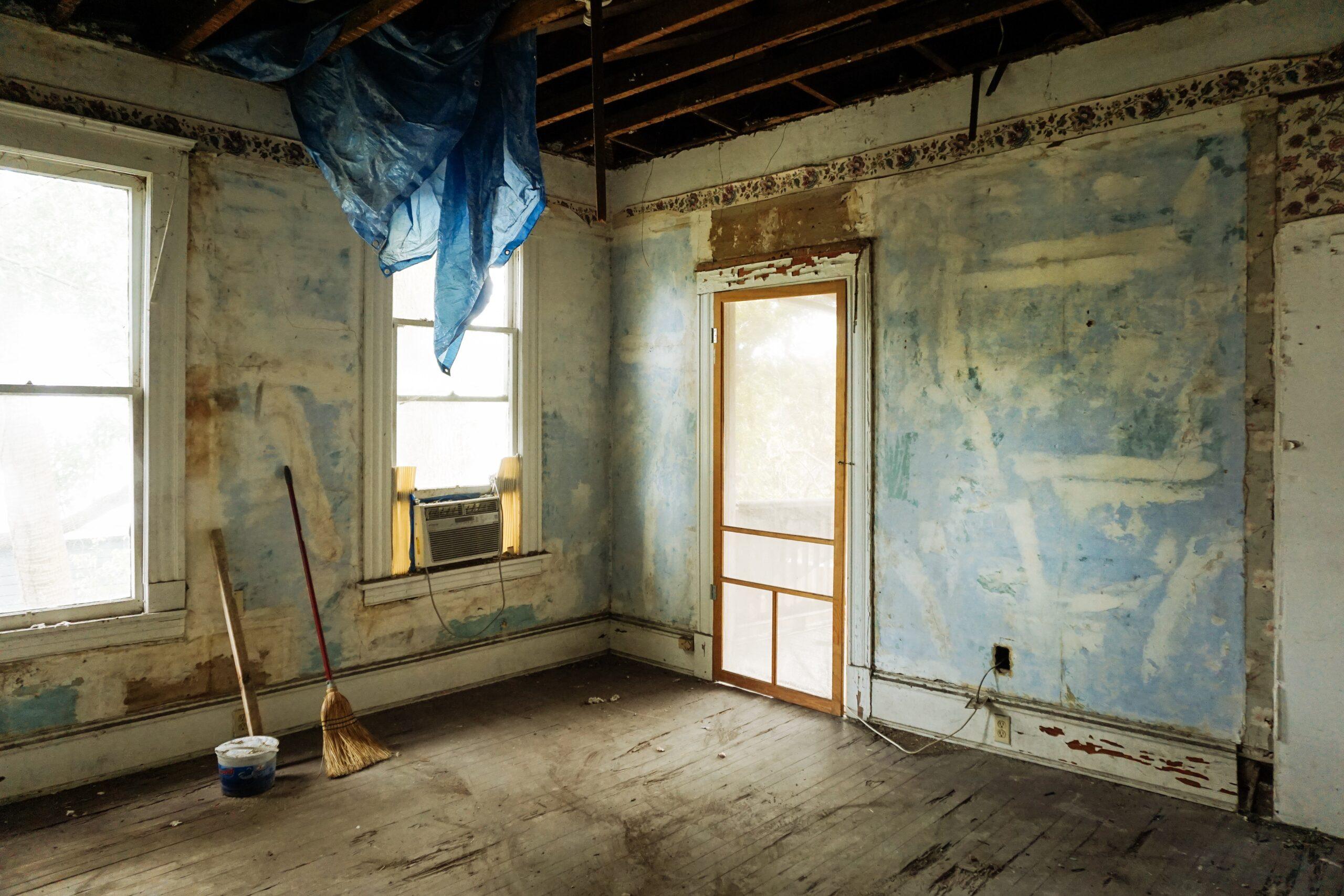Ninety percent of all millionaires became so through owning real estate
– Andrew Carnegie
You probably already know that investing in real estate is one of the safest and most profitable ways to invest. People will always need a place to live, and this demand means that the value of real estate is almost always appreciating. The best part about investing in real estate is that anyone can do it – You don’t need to be an HGTV star to make real estate investing work for you.
But what’s the best way to get started? Let’s look at a few different venues for real estate investing and the pros and cons of each.
Homeownership
Homeowners are investors and don’t let anyone tell you otherwise. You may not be turning a profit, but by owning a home you have a stake in the property’s growing equity and are learning about the realities of maintaining a home. These skills will serve you down the road as a real estate investor. So while renting keeps the landlord’s wallet happy, homeowners contribute to their own net worth.
Pros:
- Build equity
- More control over living situation
- Long term stability
Cons:
- Upfront closing costs
- Less flexibility to come and go
- Regular maintenance
Long term rentals
Also known as the buy and hold method, long-term rentals could be the best investing strategy for you if you’re looking to collect a monthly paycheck without having to dedicate too much time or energy day-to-day. Long-term rentals are typically what come to mind when people think of real estate investing, and they can be a great alternative to house flipping for beginner investors.
If you don’t have a large down payment ready or cannot qualify with traditional lending terms, you can consider financing with a private or hard money lender. But be prepared for the high-interest rates that come with it.
Pros:
- Steady cash flow
- Tax deductions
- Appreciation
- Relatively hands-off once you find the right tenants
Cons:
- Interviewing and managing tenants
- Lower ROI than short-term rentals
- Upfront cost
Short term rentals
Vacation rentals and Airbnbs often generate higher returns than long-term rentals because you can charge more in the short term. Not only can you make more, but you can write off several expenses and have easier control over who you accept as renters. Many short-term rental owners hire cleaners and property managers to handle maintenance between guests. This way, you can outsource the day-to-day work and oversee your business as it runs itself.
Pros:
- High ROI
- Visiting the property between guests makes it easier to keep up with property maintenance
- Tax deductions
Cons:
- Expense of hiring help
- Potential fluctuations in demand (on and off seasons)
- Poor treatment of property by bad guests
House flipping
Have some handyman skills or a knack for sensing underused potential? House flipping could be for you! House flipping involves buying a distressed or run-down property, making all of the necessary repairs and renovations, and then selling for a profit. Or, you could hold on to it and use it as a rental.
This is a great investment for people who enjoy a hands-on project and want to use their skills to turn a profit. If you don’t want to go at it alone, you can turn this into a group project and partner with someone who has the skills or know-how where you’re lacking.
Pros:
- High rate of return
- Lower upfront cost
- Flexibility to sell or rent
Cons:
- Higher risk
- More work involved upfront
- Costly if you can’t do the work yourself
The BRRRR method
If house flipping is more your style, you need to know about the BRRRR method. Also known as “house hackingâ€, this investment strategy has four steps: buy, rehab, rent, refinance, repeat.
Once you find the perfect distressed property, you’ll put in the work to flip it, rent it out, then refinance to cash out on the equity. With the funds you get from the cash-out refinance, you’ll purchase your next BRRRR project and so on. This investment strategy is ideal for investors who don’t mind putting in some work upfront to earn a passive income later down the road.
Pros:
- Source of passive income
- Tax benefits
- Equity and appreciation
- Build a diversified portfolio
Cons:
- Several risk factors
- Loan terms less favorable
- Closing costs for purchase and refinance
- More involved than other investment strategies
Real Estate Syndications
If you’re a newbie investor or would rather not take on the sole responsibility of the investment, real estate syndications offer a great alternative. With a real estate syndication, you partner with several other investors to combine your capital and skills to purchase and manage an investment property. This can be a win-win for investors who lack the know-how or resources to go at it alone.
Pros:
- Fewer risks
- Less upfront capital
- Learn from more experienced investors
Cons:
- Fewer returns
- You don’t have full control over decisions
- Partnering with the wrong people
Mr. Property, LLC
Whether you are just beginning your investment journey or are looking to grow your business, Mr. Property, LLC can assist you. From property management, rehab projects, snow removal, and real estate representation, we are passionate about serving our clients where it counts for them. Our team of industry experts can provide full property management services so you can focus on expanding your investment portfolio.
Contact us today, and we will work with you to turn your real estate dreams into reality.





0 Comments